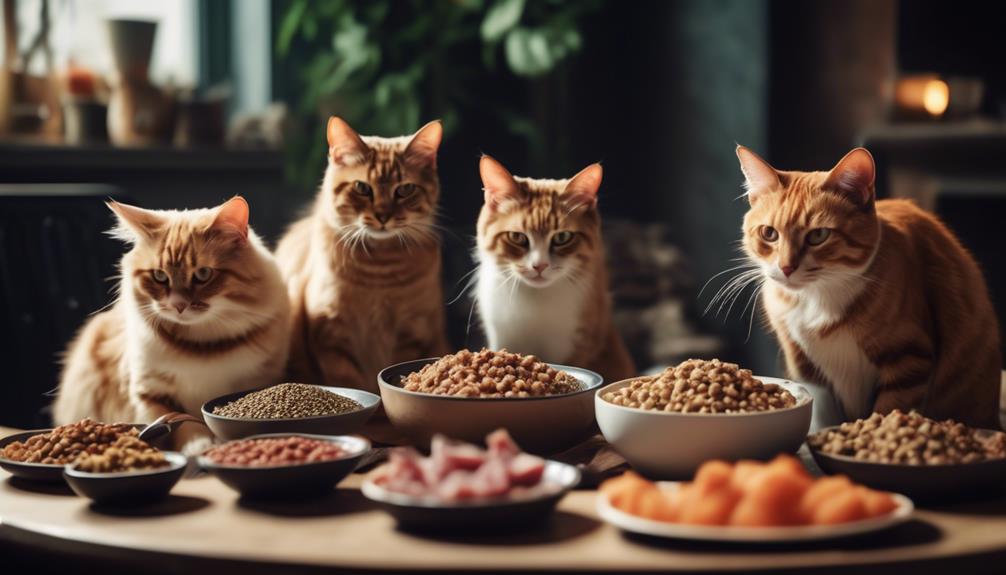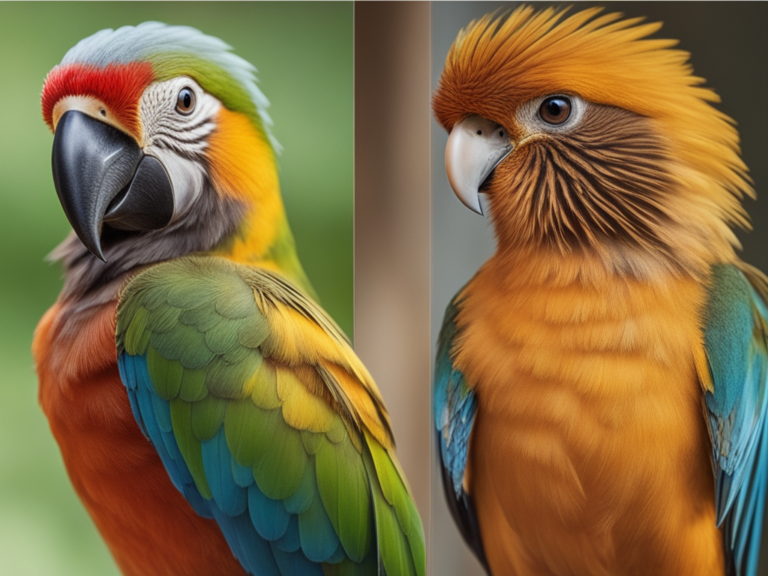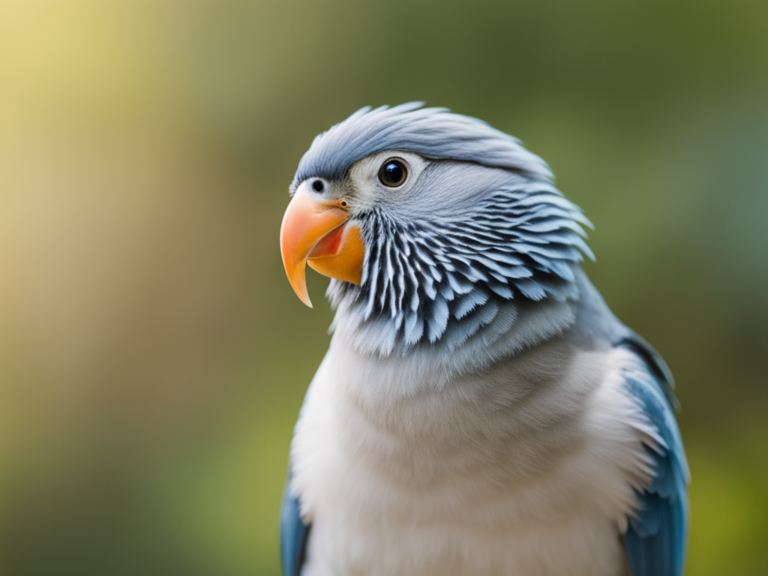5 Myths About Feeding Your Feline Friend

5 Myths About Feeding Your Feline Friend: You might think you know everything there is to know about feeding your feline friend, but what if I told you that there are actually five common myths that could be impacting your cat’s health? That’s right, you might be unknowingly falling for some misconceptions that could be harmful to your furry companion. From homemade diets to reading cat food ingredient lists, this discussion will debunk these myths and provide you with the essential knowledge you need to ensure your cat’s diet is the best it can be. So, let’s dive into the world of cat nutrition and uncover the truth behind these myths.
Homemade Diets Vs Commercial Diets
When deciding between homemade diets and commercial diets for your feline friend, it is important to consider the potential risks and benefits of each option. There are many myths surrounding cat nutrition and diet, so it’s essential to base your decisions on evidence-based information. While homemade diets can be rich in essential nutrients when prepared correctly, it is crucial to note that incorrect preparation can be dangerous for cats. To ensure a well-balanced homemade diet, it is recommended to consult with a veterinary nutritionist who can provide guidance on the correct supplements and amounts needed.
On the other hand, commercial cat food undergoes regular quality-control testing to ensure safety and nutrition. Unless formulated by a veterinary nutritionist, homemade diets are unlikely to be well-balanced. Achieving a well-balanced diet with homemade food can be challenging and may lead to nutrient deficiencies or excesses. It is also important to consider that homemade diets lack quality-control testing, which increases the risk of contamination or nutritional imbalances.
Commercial diets, on the other hand, are specifically formulated to meet the nutritional needs of cats. They undergo rigorous testing to ensure they are safe and nutritionally complete. By choosing a high-quality cat food from a reputable brand, you can have peace of mind that your feline friend is getting the necessary nutrients to support their overall health.
Raw-Food Diets for Cats
To ensure the optimal health and well-being of your feline friend, it is important to consider the potential risks and benefits associated with raw food diets. Raw-food diets for cats have gained popularity among some cat owners who believe that they mimic the diet of their wild ancestors and provide a range of health benefits. However, it is crucial to base your decision on evidence-based information.
One of the main concerns with raw food diets for cats is the risk of bacterial contamination. Raw meat can harbor harmful bacteria such as Salmonella and E. coli, which can pose a higher risk, especially for cats with weaker immune systems. Proper handling and storage of raw cat food, including thorough cooking and hygiene practices, can help minimize this risk. However, it is essential to note that even with precautionary measures, there is still a potential for contamination.
Additionally, raw food diets may not provide balanced nutrition for cats. Commercially prepared cat foods, whether dry or wet, are formulated to meet the nutritional needs of cats. They undergo rigorous testing to ensure they contain the necessary vitamins, minerals, and other essential nutrients. On the other hand, raw food diets may lack these essential nutrients, leading to nutritional imbalances and potential health issues for your cat.
It is important to consult with a veterinarian before deciding to feed your cat a raw food diet. A veterinarian can provide guidance based on your cat’s individual health and immune system strength. It is also worth noting that organizations like the AVMA, FDA, and CDC caution against raw pet food due to the potential health risks for both pets and humans.
Organic or All-Natural Diets for Cats
Feeding your cat an organic or all-natural diet may seem like a healthier choice, but it is important to consider the facts and potential implications. Organic cat food is made without synthetic pesticides, fertilizers, or hormones. This means that the ingredients used in organic cat foods are grown without the use of harmful chemicals. On the other hand, all-natural cat food simply means that the ingredients are sourced from plants, animals, or mined sources, but it doesn’t guarantee quality or nutritional balance.
While some cat owners believe that organic or all-natural diets are better for their feline friends, it is important to note that research is needed to assess if these types of cat foods meet the nutritional requirements of cats. Cats have specific dietary needs that must be met to maintain their health. High-quality commercial diets have been formulated to provide all the necessary vitamins and minerals that cats need, eliminating the need for dietary supplements.
When it comes to food labels, the term ‘organic’ carries more meaning than ‘natural’. It is a regulated term that guarantees the absence of synthetic chemicals in the production of cat food. However, the term ‘natural’ is not as strictly regulated and can be used on cat food labels even if the product contains synthetic additives or preservatives.
Vitamins and Supplements for Cats
If you’re considering adding vitamins or supplements to your cat’s diet, it’s important to understand that high-quality commercial cat food already provides all the necessary nutrients they need. There are many myths and misconceptions surrounding the topic of vitamins and supplements for cats, but the truth is that balanced cat foods are created to meet the nutritional needs of cats. Cats are obligate carnivores, which means they require specific nutrients that are found in animal protein sources. High-quality cat foods contain these essential nutrients in the correct proportions to support a cat’s overall health.
One common misconception is that adult cats need supplements such as calcium or vitamin D. However, cats naturally obtain these nutrients from their diet. Adding these supplements to a balanced diet can actually lead to excessive nutrient intake, which can have negative effects on a cat’s health. Nutrient overdose can result in similar problems as nutrient deficiencies, so it’s important to avoid unnecessary supplementation.
Another myth is that cats need additional vitamins and supplements to mimic the nutrients found in their mother’s milk. While it’s true that a mother’s milk is vital for a kitten’s growth and development, adult cats do not require the same nutrients as kittens. High-quality cat foods are formulated to provide all the necessary nutrients for a cat’s long-term health.
Reading Cat Food Ingredient Lists
When evaluating cat food options, it is important to understand how to read and interpret the ingredient lists. Many cat owners rely on the ingredient list to determine the quality of the food they are feeding their feline friends. However, it is crucial to approach this task with contextually relevant information and not fall for common myths.
Firstly, pay attention to the first few ingredients listed on the cat food packaging. These ingredients usually make up the majority of the food and can give you an idea of its overall quality. However, the order of ingredients may not indicate significant differences between similar foods. The ingredients are listed by weight, not their contribution to the overall nutritional value. This means that water-rich ingredients can be listed higher, while dehydrated ingredients fall lower on the list.
It is important to understand that evaluating the quality of cat food based solely on the ingredient list can be misleading. The ingredient list does not provide information about the sourcing, quality, or processing of the ingredients. It is essential to consider other factors such as the brand’s reputation, manufacturing practices, and any certifications they may have.
To make informed choices about your cat’s diet, it is recommended to look beyond the ingredient list. Consult with your veterinarian to understand your cat’s specific nutritional needs. Consider factors such as the cat’s age, activity level, and any health concerns they may have. Additionally, look for cat food that has undergone feeding trials or has health benefits backed by scientific evidence.
5 Myths About Feeding Your Feline Friend Frequently Asked Questions
What is the most common misconception about cat nutrition?
The most common misconception about cat nutrition is that they should be fed a diet primarily consisting of dry food. Many cat owners believe that dry food helps to clean their cat’s teeth and prevent dental issues. However, this is not entirely true. While dry food may help to scrape off some debris from a cat’s teeth, it doesn’t provide the same level of oral care that wet food can provide. In fact, dry food can actually contribute to dental issues such as gum disease and tooth decay.
Can cats survive on a vegetarian diet?
Cats are obligate carnivores, which means that they require meat in their diet to thrive. While some vegetarian diets may include plant-based sources of protein, they may not provide all of the necessary nutrients that a cat needs to be healthy. For example, cats require taurine, an amino acid that is only found in animal protein. A lack of taurine can lead to serious health issues, such as blindness and heart failure.
Should I feed my cat a raw food diet?
Raw food diets have become popular among some cat owners in recent years, but they are not without risks. Raw meat can contain harmful bacteria, such as salmonella and E. coli, that can make both cats and humans sick. Additionally, a raw food diet may not provide all of the necessary nutrients that a cat needs to be healthy. Consult with your veterinarian before making any changes to your cat’s diet.
Do indoor cats need a different diet than outdoor cats?
Indoor cats have different dietary needs than outdoor cats. Indoor cats tend to be less active than outdoor cats, which means they require fewer calories. Additionally, indoor cats may be more prone to obesity, which can lead to a variety of health issues. Your veterinarian can help you determine the appropriate diet for your cat based on their individual needs.
Is it okay to feed my cat table scraps?
Feeding your cat table scraps is generally not recommended. Human food often contains ingredients that are harmful to cats, such as onions and garlic. Additionally, feeding your cat table scraps can encourage begging and other unwanted behaviors. Stick to feeding your cat high-quality cat food that is specifically formulated for their nutritional needs.
Is it okay to feed someone else’s cat?
It’s okay to feed someone else’s cat if you have permission and follow their feeding guidelines. Make sure you’re aware of the cat’s nutritional requirements, any allergies or dietary restrictions, and the proper way to introduce new foods.
What to do if someone is feeding your cat?
If someone is feeding your cat, it’s important to establish ownership boundaries and communicate with them. Address concerns about food quality and ensure your cat’s dietary needs are met. Seek professional advice if needed.
Is feeding cats good luck?
Feeding your cat is not about good luck or superstitions. It’s about providing a balanced diet, keeping them hydrated, and regular veterinary care. Focus on their nutritional needs and quality food for their well-being.
Do cats prefer people who feed them?
Cats do not necessarily prefer the person who feeds them. Their food preferences are influenced by their mother’s choices, and factors like smell and familiarity play a bigger role in their decision-making.
Conclusion
In conclusion, it is important to dispel common myths about feeding cats and ensure their dietary needs are met. Cats are obligate carnivores and require meat for proper nutrition, making a vegetarian diet unsuitable for them. Most adult cats are lactose intolerant, so milk should be avoided. Homemade and raw-food diets should be approached with caution, as they may not provide all necessary nutrients. Organic or all-natural diets are not necessarily superior. It’s crucial to read cat food ingredient lists to ensure a balanced and appropriate diet for your feline friend.








